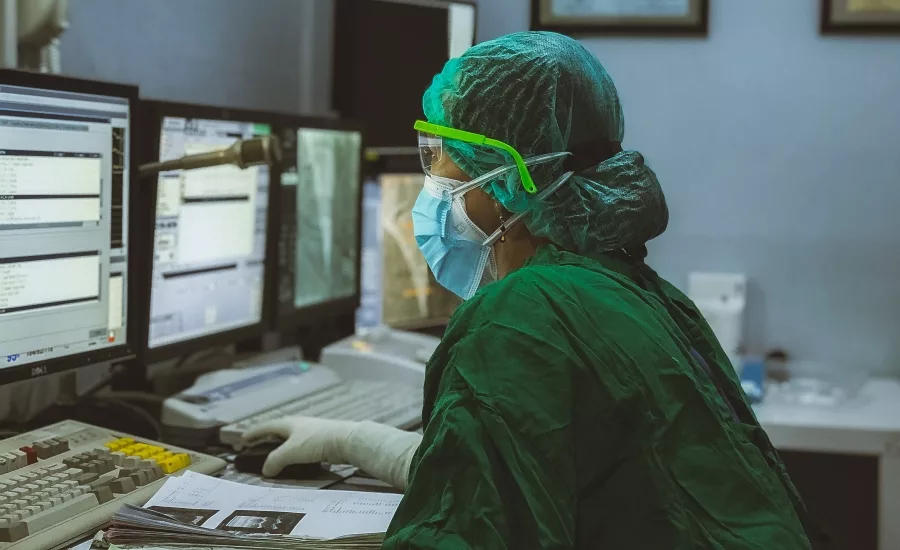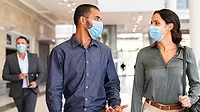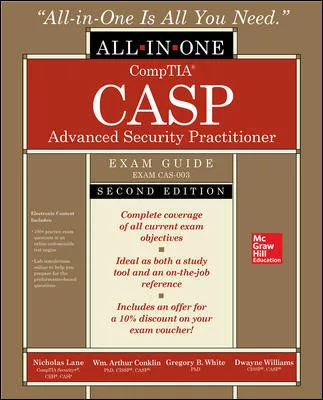Lessons learned in healthcare security during COVID-19

When COVID-19 spiked for the first time in the U.S., Massachusetts General Hospital (Mass General) needed to react quickly. In an address at the Security Industry Association (SIA) Securing New Ground conference, Bonnie Michelman, Executive Director of Police, Security and Outside Services at Mass General and winner of the 2021 SIA Insightful Practitioner Award, detailed the hospital's response to COVID-19 and the lessons she and the security team learned from the pandemic.
Challenges posed by COVID-19
After a large conference led to a spike in COVID-19 infections in Boston, Mass General became overwhelmed with new patients. Within a month and a half, the hospital had converted 12 patient care units to COVID-19 units, stopped all visitors, redesignated 80 entrances and implemented COVID-19 screening throughout the building.
The hospital supported 500 COVID-19 patients at a time while dealing with a critical lack of resources — the hospital lacked enough PPE, staff and transit options for patients to reach the hospital. Mass General saw an increase in bicycle thefts as Boston residents avoided public transit. Even PPE donations became a security and logistical challenge, as storage and delivery became complicated by the pandemic.
The myriad of challenges posed at the start of the pandemic forced Mass General to make adjustments to their normal operations that continue to this day. After the first wave, the hospital dealt with issues relating to COVID-19, including an uptick in violence, alcohol and drug abuse and homelessness. As vaccinations were approved for use, the hospital focused on distributing vaccines to prioritized vulnerability groups and increasing security to protect the vaccine.
Developments in security
As the pandemic redefined daily operations at Mass General, security's responsibilities and reputation shifted as well. "Security was seen in a very different light — far more agile, far more functionally broad," said Michelman.
She noted that monitoring and intelligence gathering has improved across the healthcare sector, providing data that can help with further research and security efforts. The Mass General security department also collaborated more with other teams across the hospital system during the pandemic, according to Michelman.
Healthcare security priorities
Michelman outlined the aspects of management and security that helped Mass General deal with the effects of the COVID-19 pandemic, including:
- Adaptable staff and training: Preparing staff to cope with change and planning for the worst case scenario helps organizations better manage emergency situations.
- Communication: Creating clear channels of communication for the public can help reduce fear and misinformation. "Our biggest job is to manage the continuum of fear and uncertainty," said Michelman. Arming staff and the public with information and skills can help avoid discord in chaotic environments.
- Disaster preparedness: Performing drills and updating emergency plans makes a difference when it comes to business continuity.
- Staff solidarity and support: "It is important to constantly be on the firing line with your folks," said Michelman. Listening to your staff, giving time off when needed and helping the entire team be a part of the solution creates strong connections in a time of uncertainty.
Looking for a reprint of this article?
From high-res PDFs to custom plaques, order your copy today!







